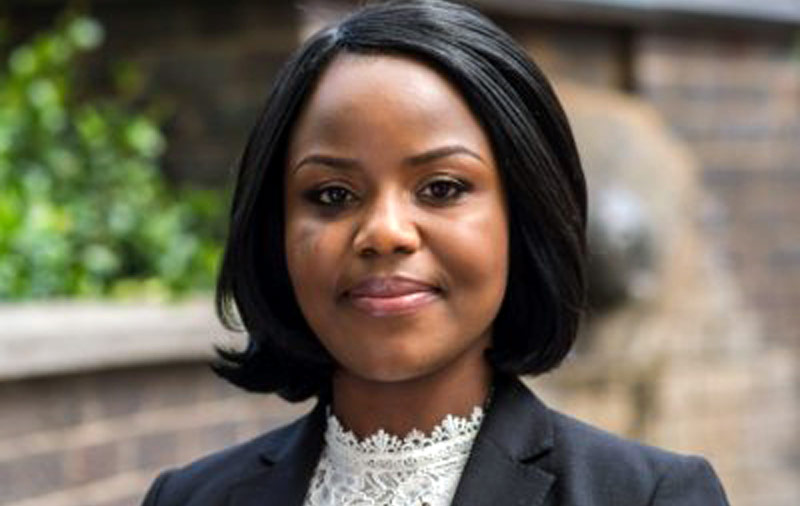By Takudzwa Changadeya
The opposition Citizen Coalition for Change (CCC) national spokesperson Fadzai Mahere has blamed Zanu-PF’s dictatorial dynamics in its leadership on the shying away of women from political spaces.
She said dictators resort to coercion to gain despotic political power, which they usually maintain through the use of intimidation and terror, and as a result of that women end up finding it not safe to participate in politics.
Addressing journalists recently in Harare, Mahere said: “Zanu-PF’s dictatorship is dangerous to politics, it is the reason why women are shying away from politics.
“That’s why you see that the participation of women in our political spheres as a country is very low because they know very well that the political environment is not safe for them,” she said.
“I can give an example of the Trio CCC female activists, you know what happened to them and under such circumstances women shy away from politics,” she added.
On May 13th 2020, opposition activists Joanah Mamombe, Cecillia Chimbiri and Netsai Marova, were arrested for leading an anti-government protest over the authorities’ response to the COVID-19 pandemic and widespread hunger in the country.
On the same day, the trio disappeared from police custody and during their abduction they said they were sexually assaulted and tortured.
To date, no one has been held accountable for the enforced torture and other-ill-treatments, including sexual assaults, that the trio was subjected to.
Mahere added that: “As CCC we have a gender parity policy which focuses on the proportional representation of women in all political systems of the country.
“We are also the only party which is fighting hard to create space for women’s participation in politics,” she said.
Meanwhile, according to ZEC, women’s participation in the political spheres of the country declined by 3.4 %.
There are only 70 female candidates out of 637 running for the 210 National Assembly seats, which is 11%, a drop from 14,4% in 2018.
